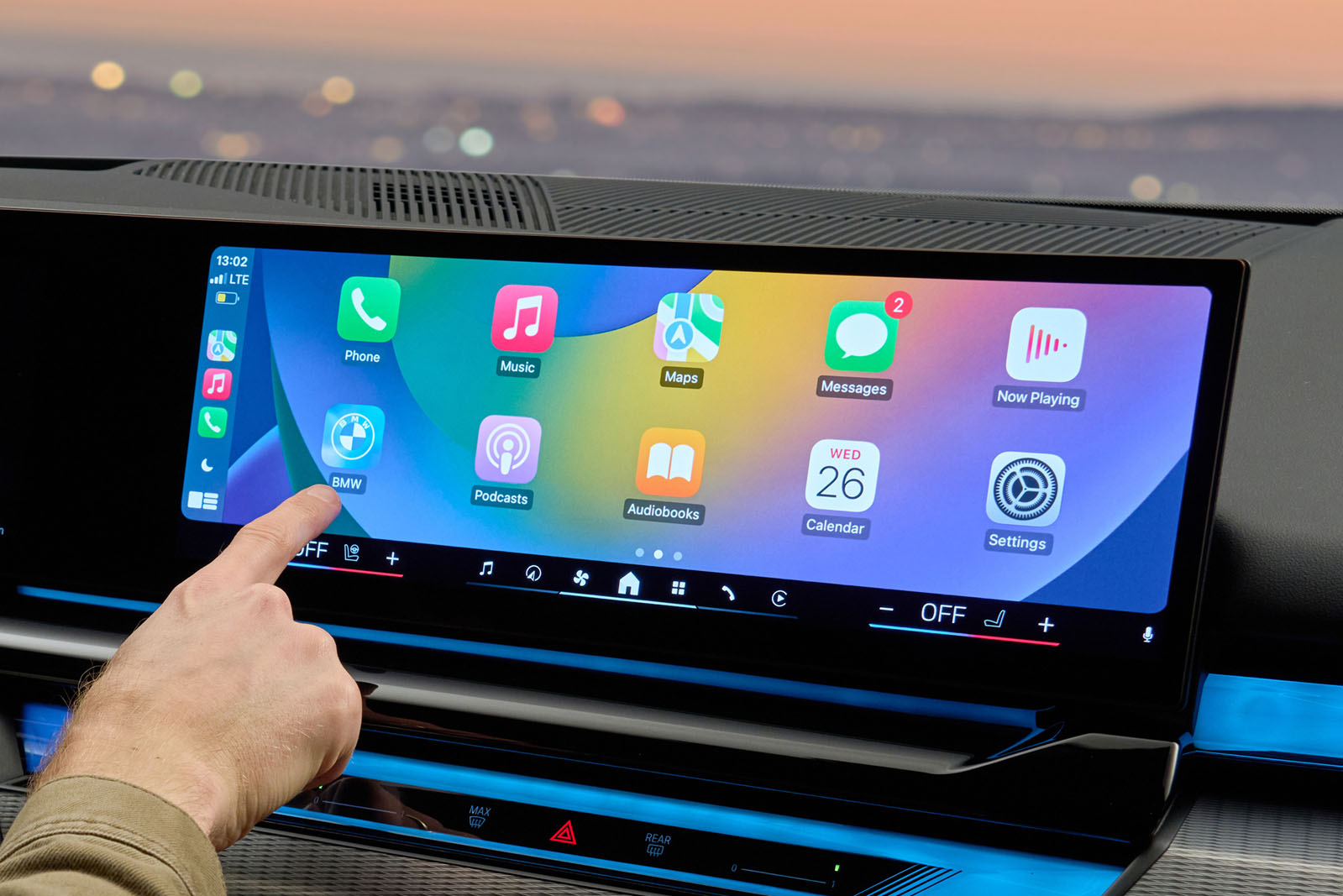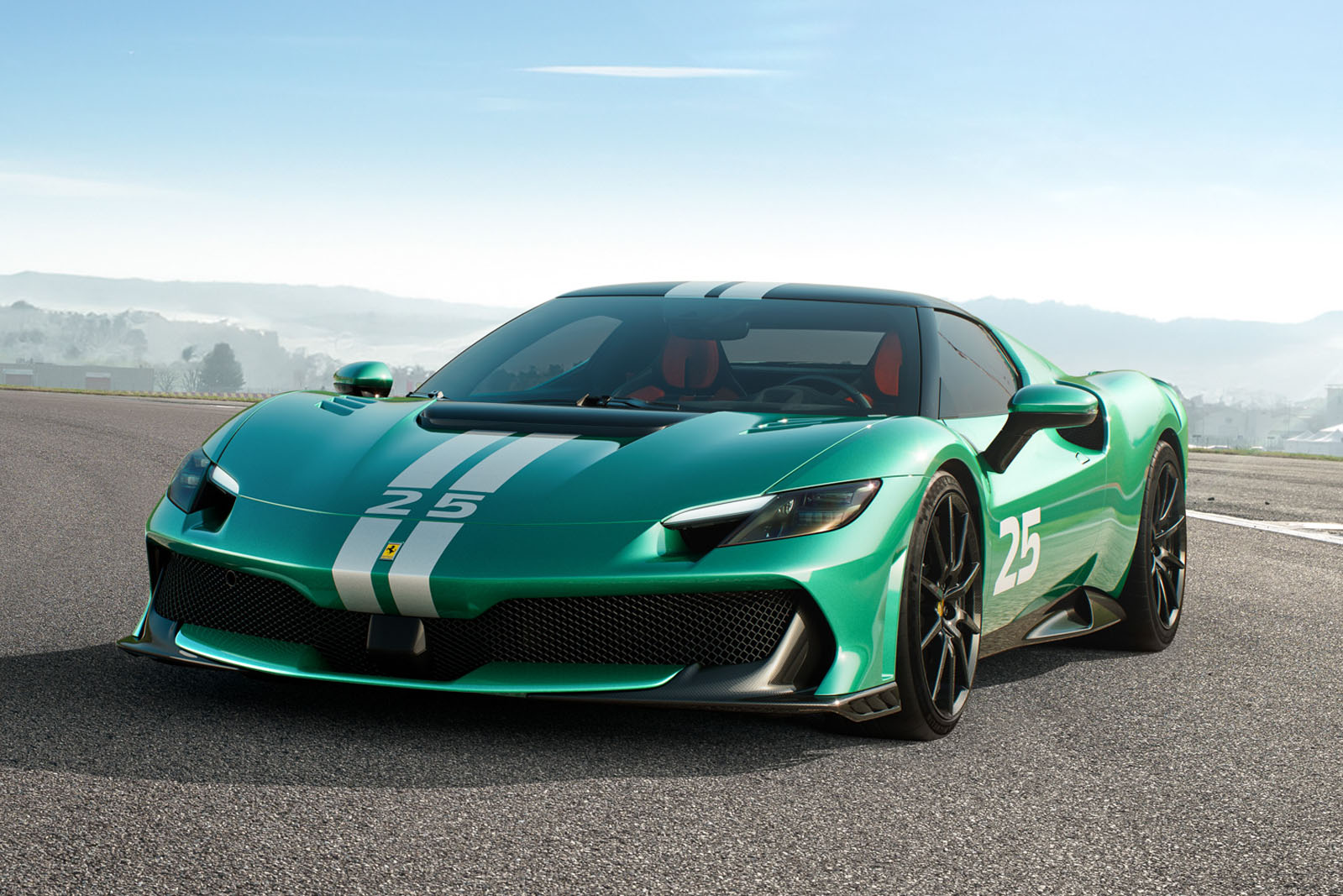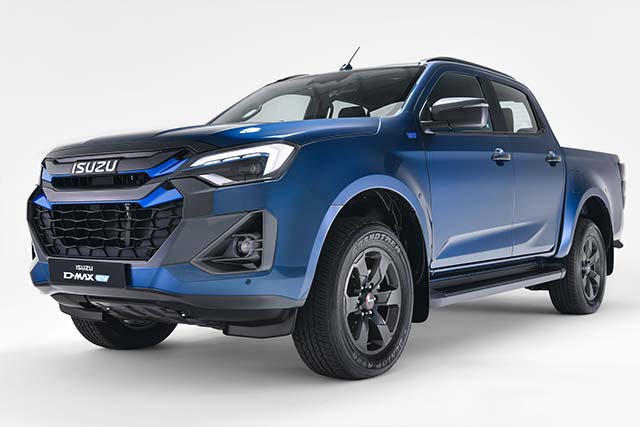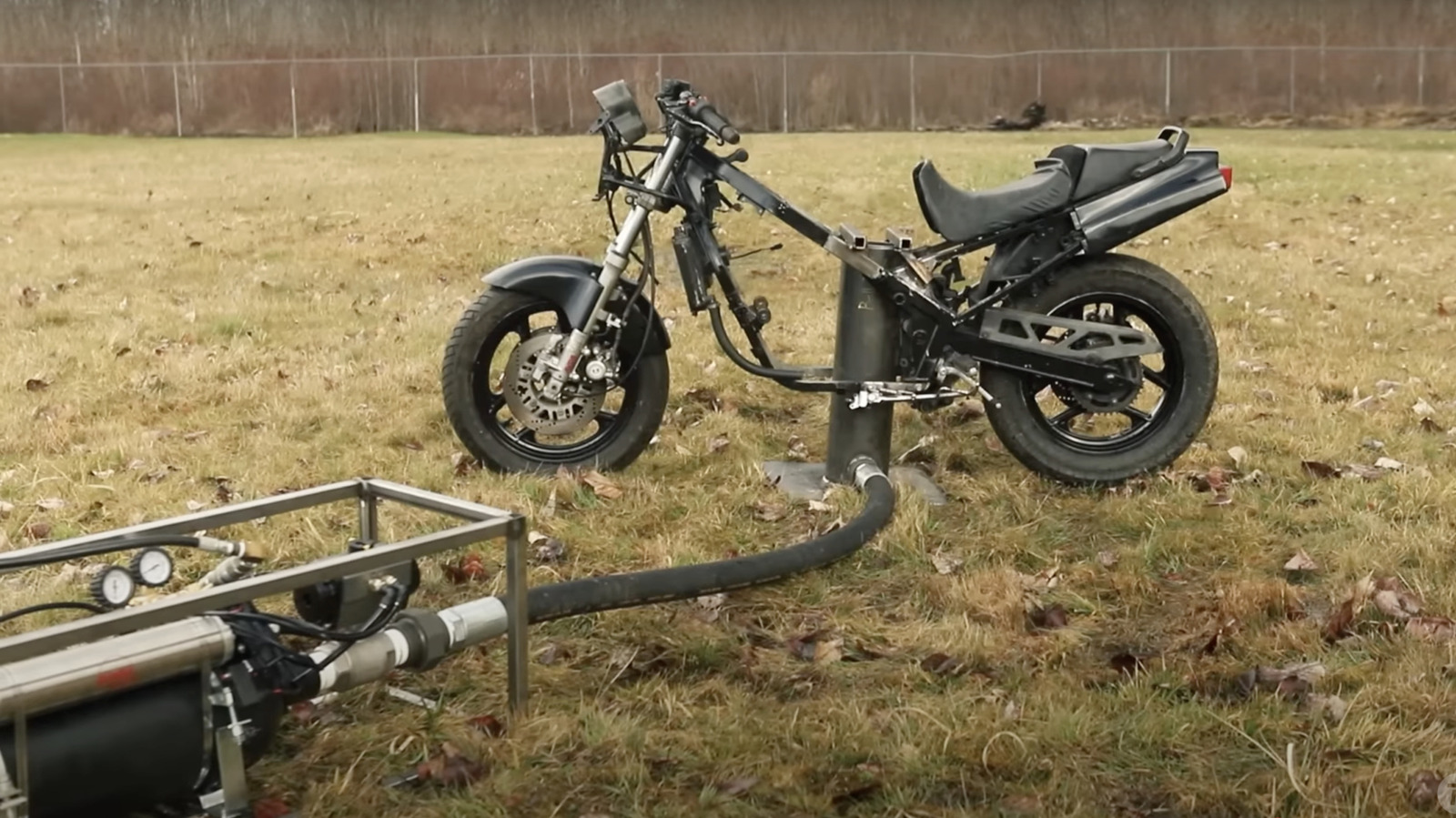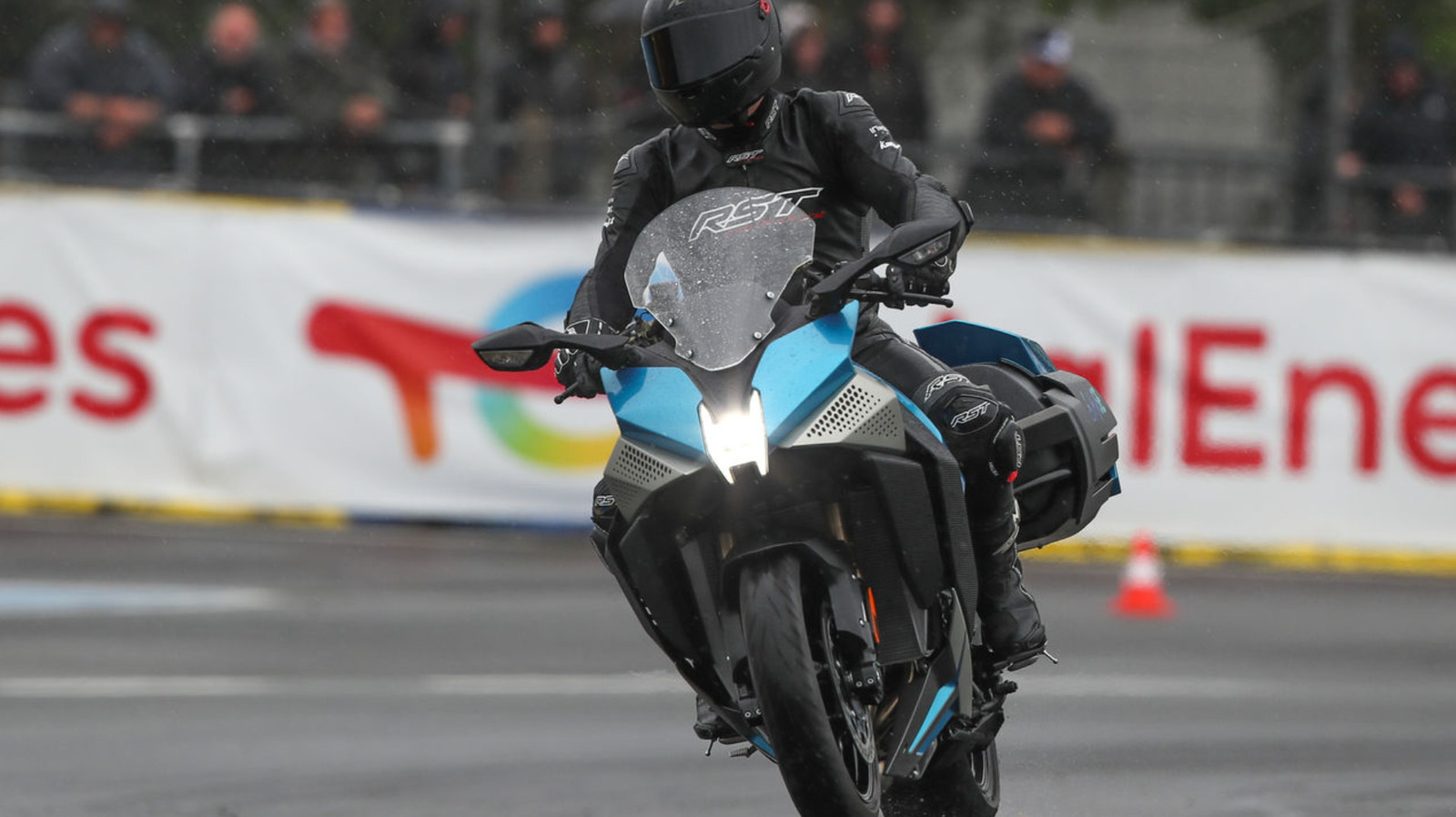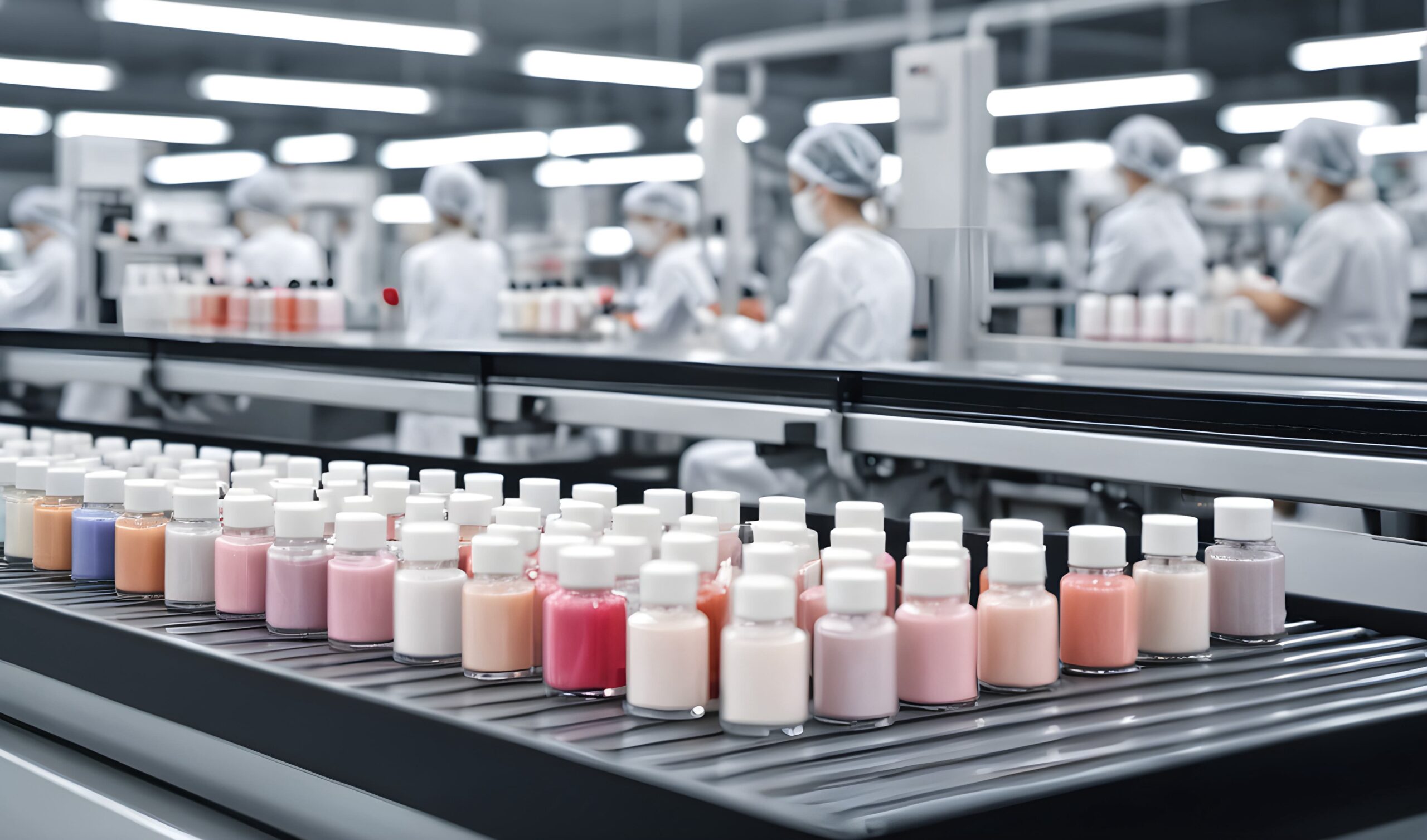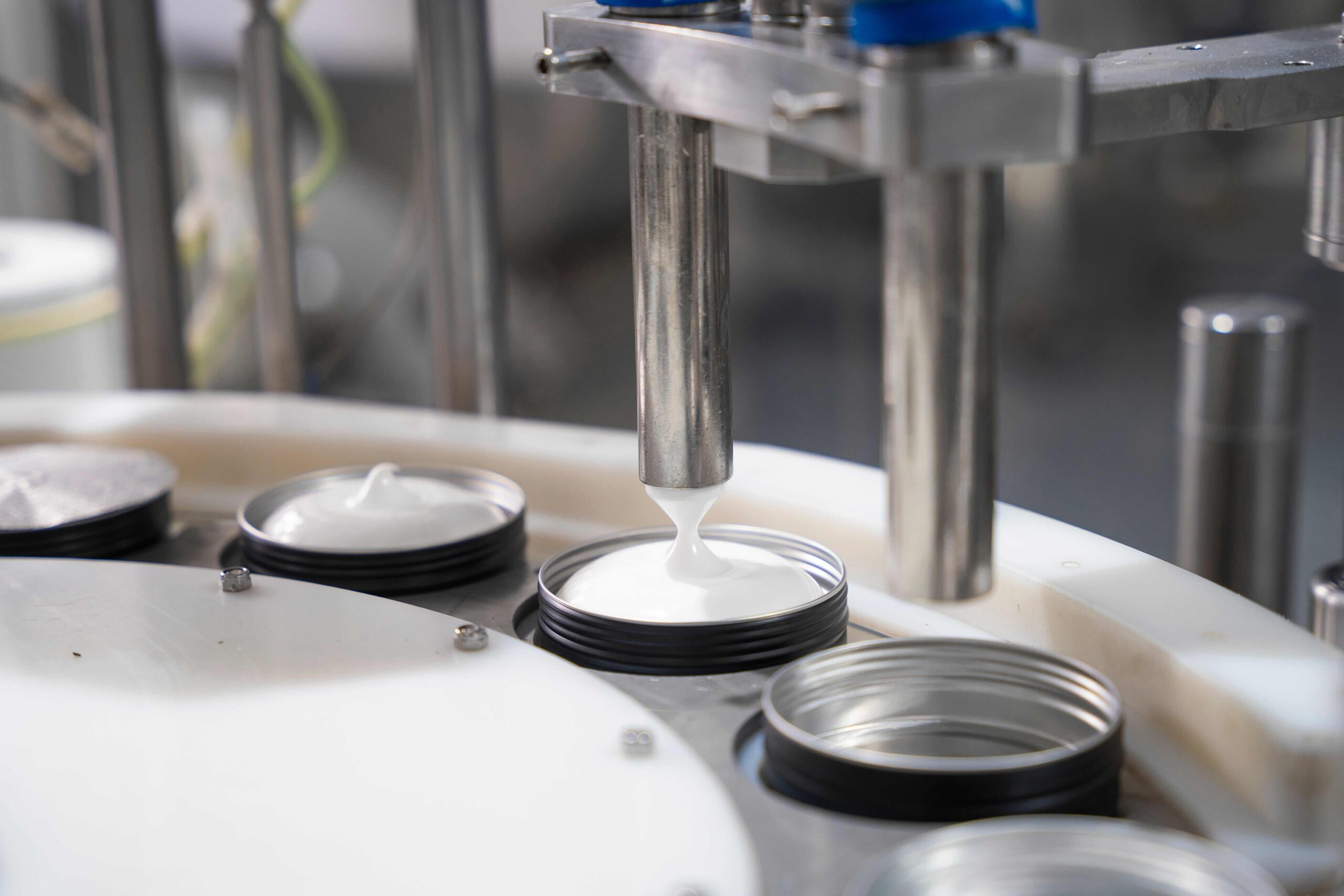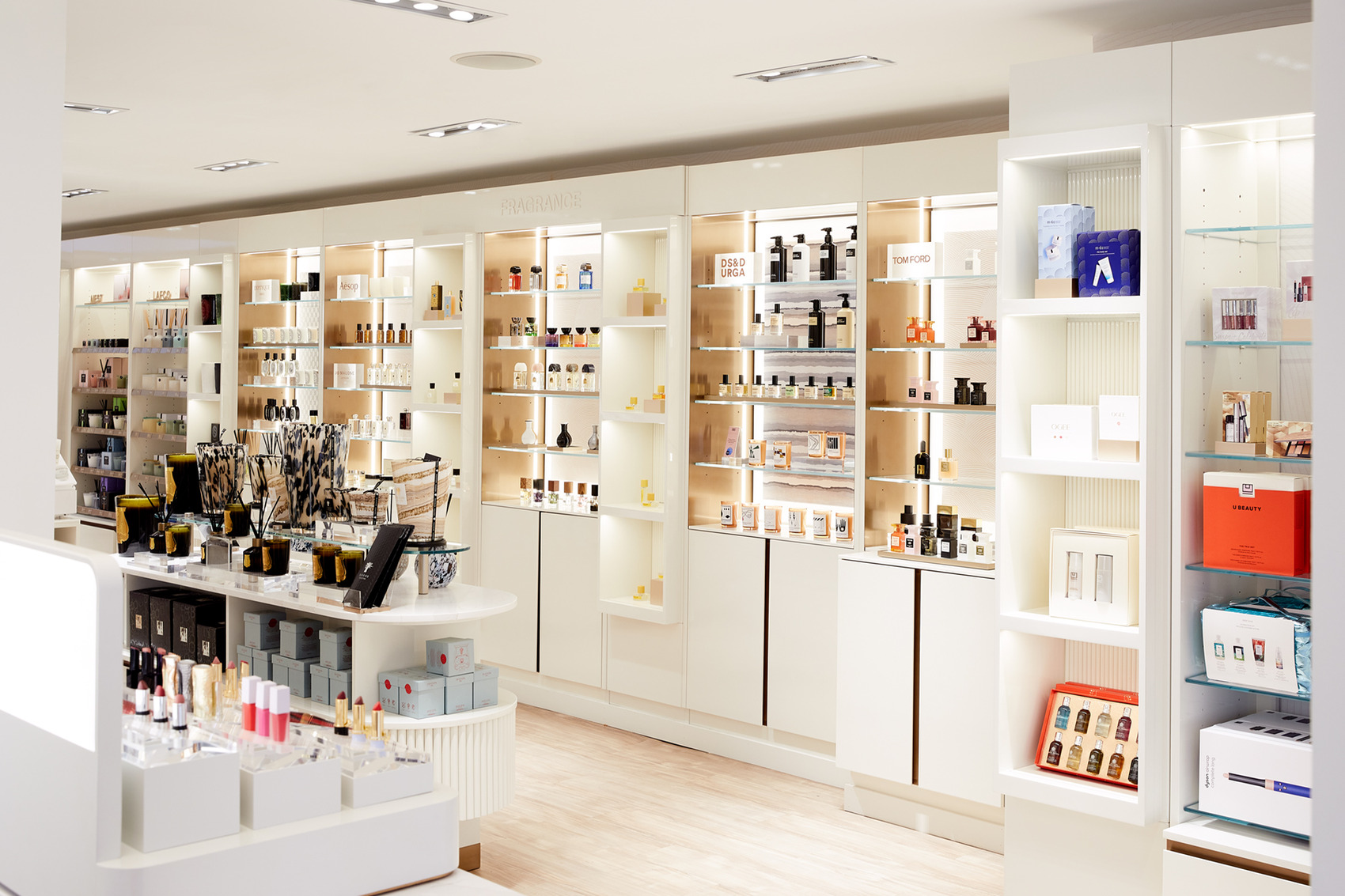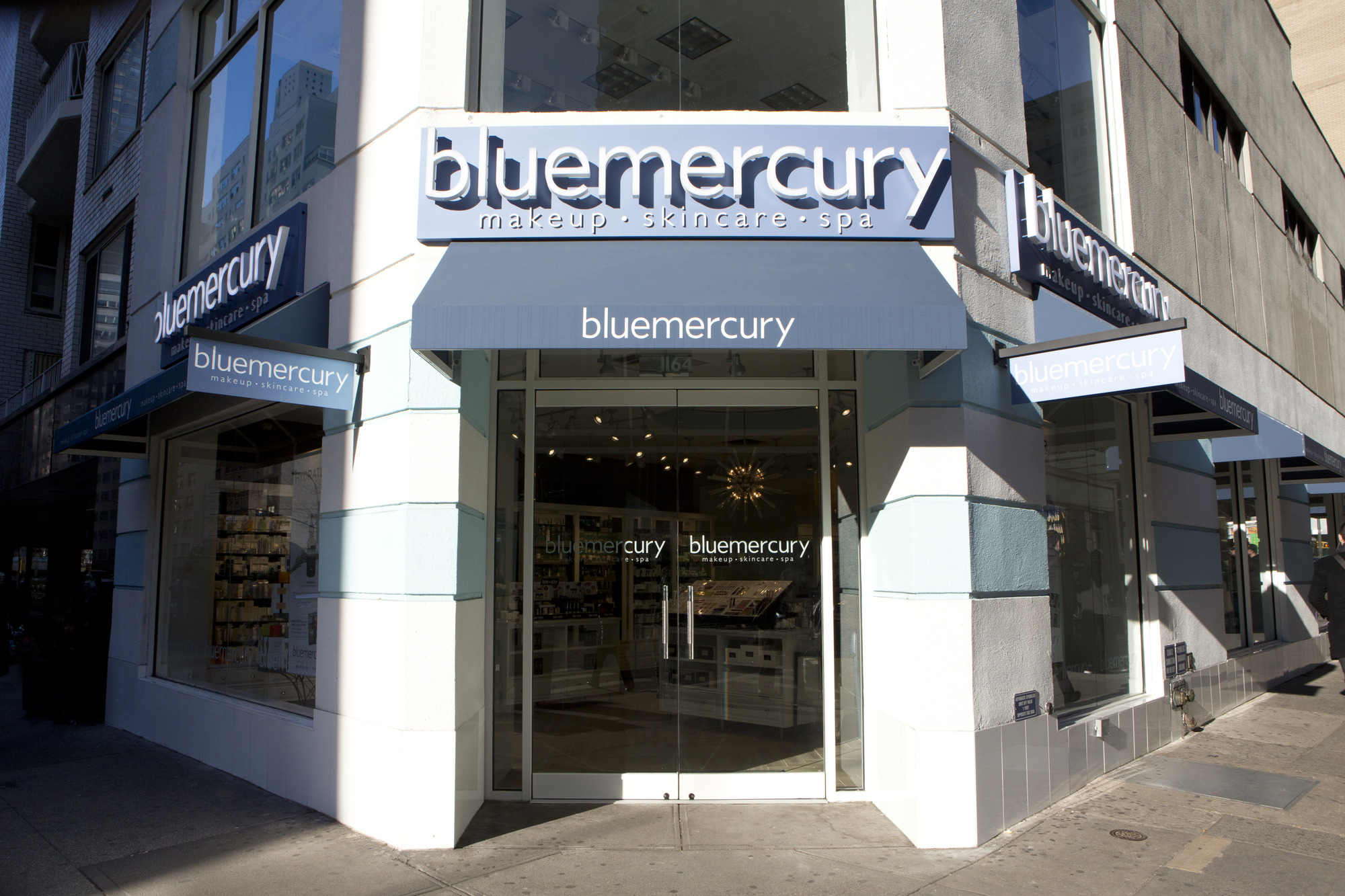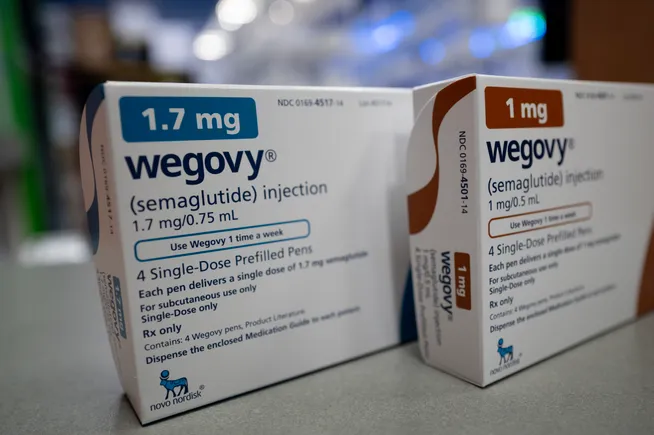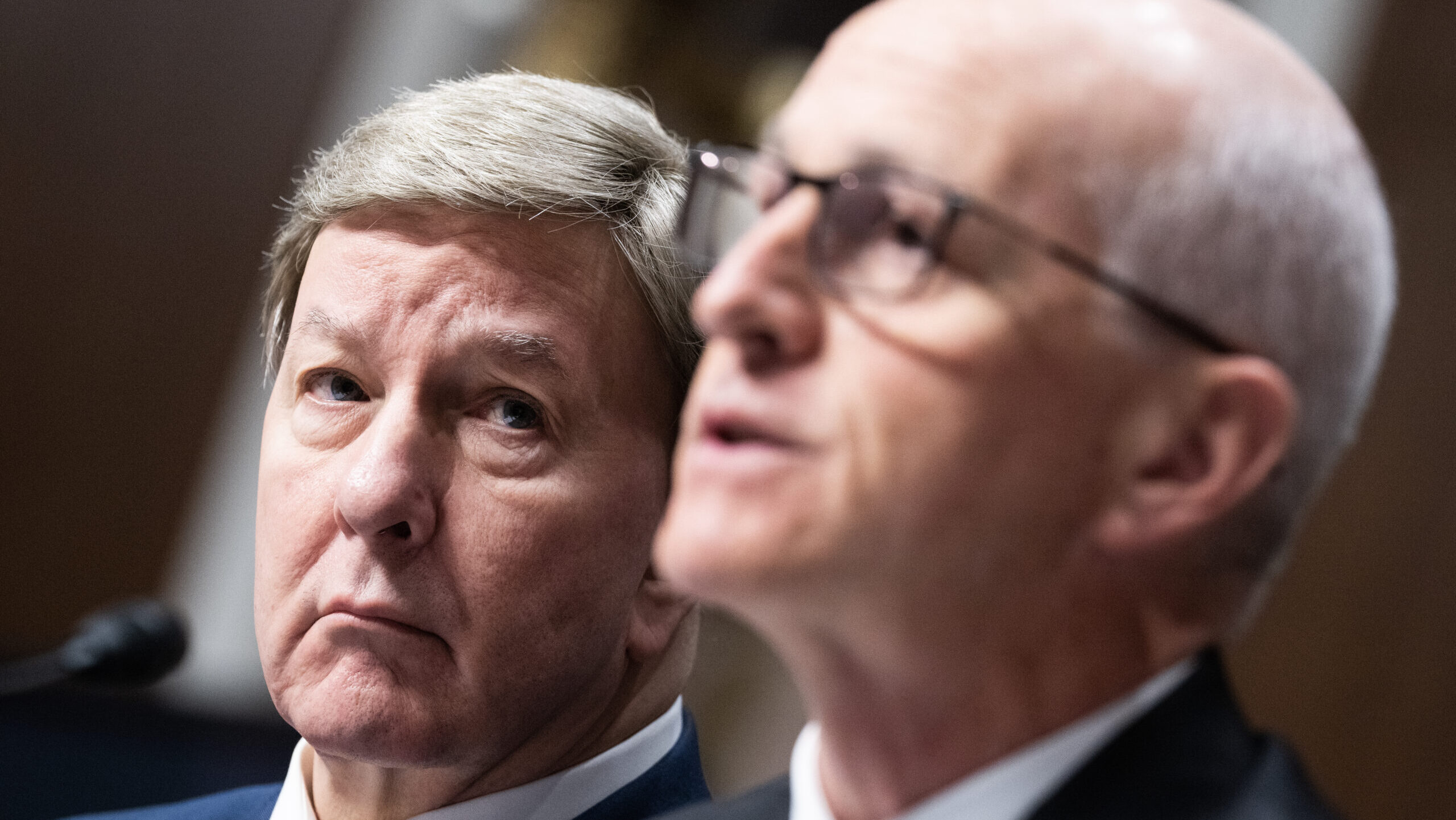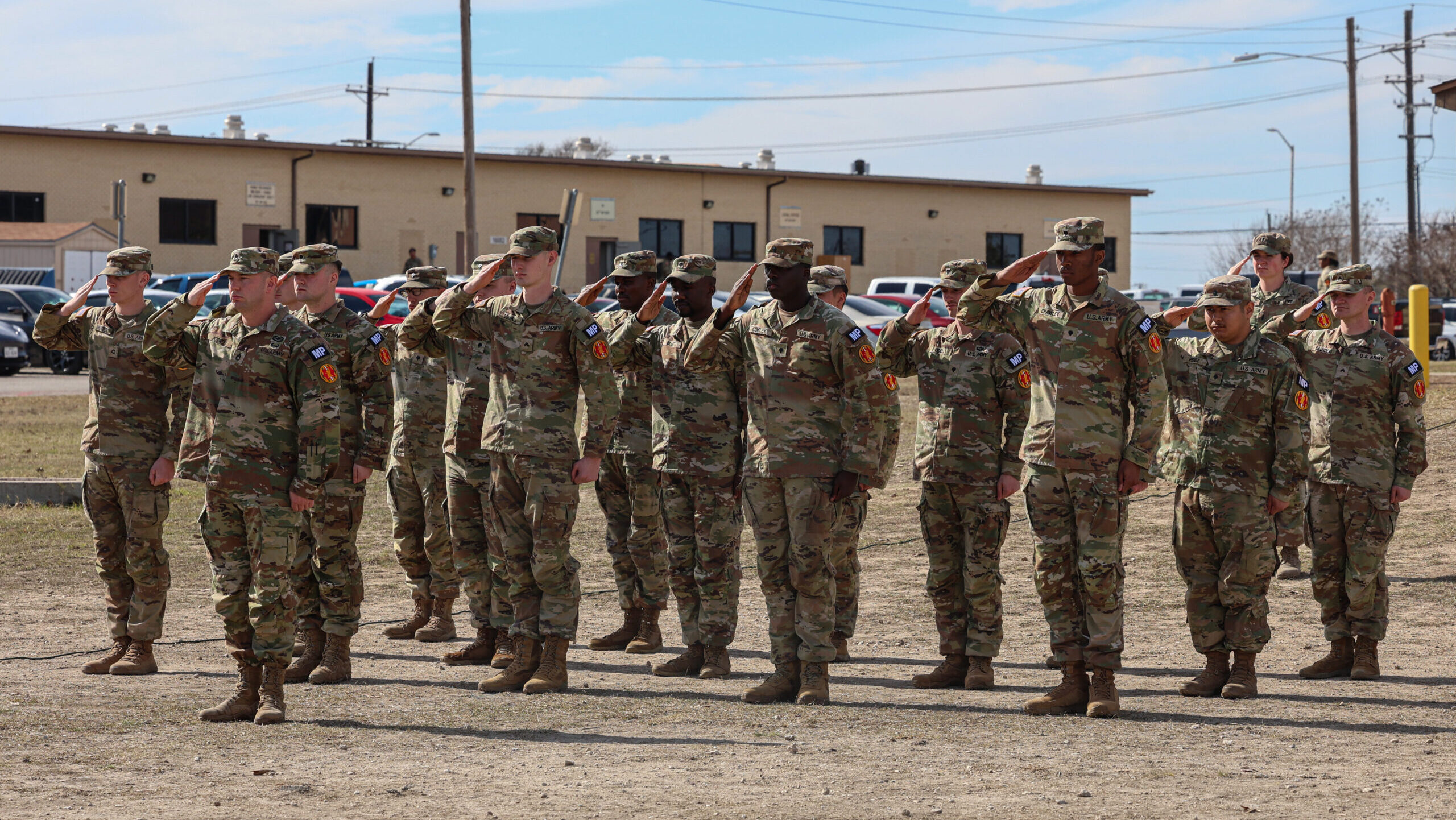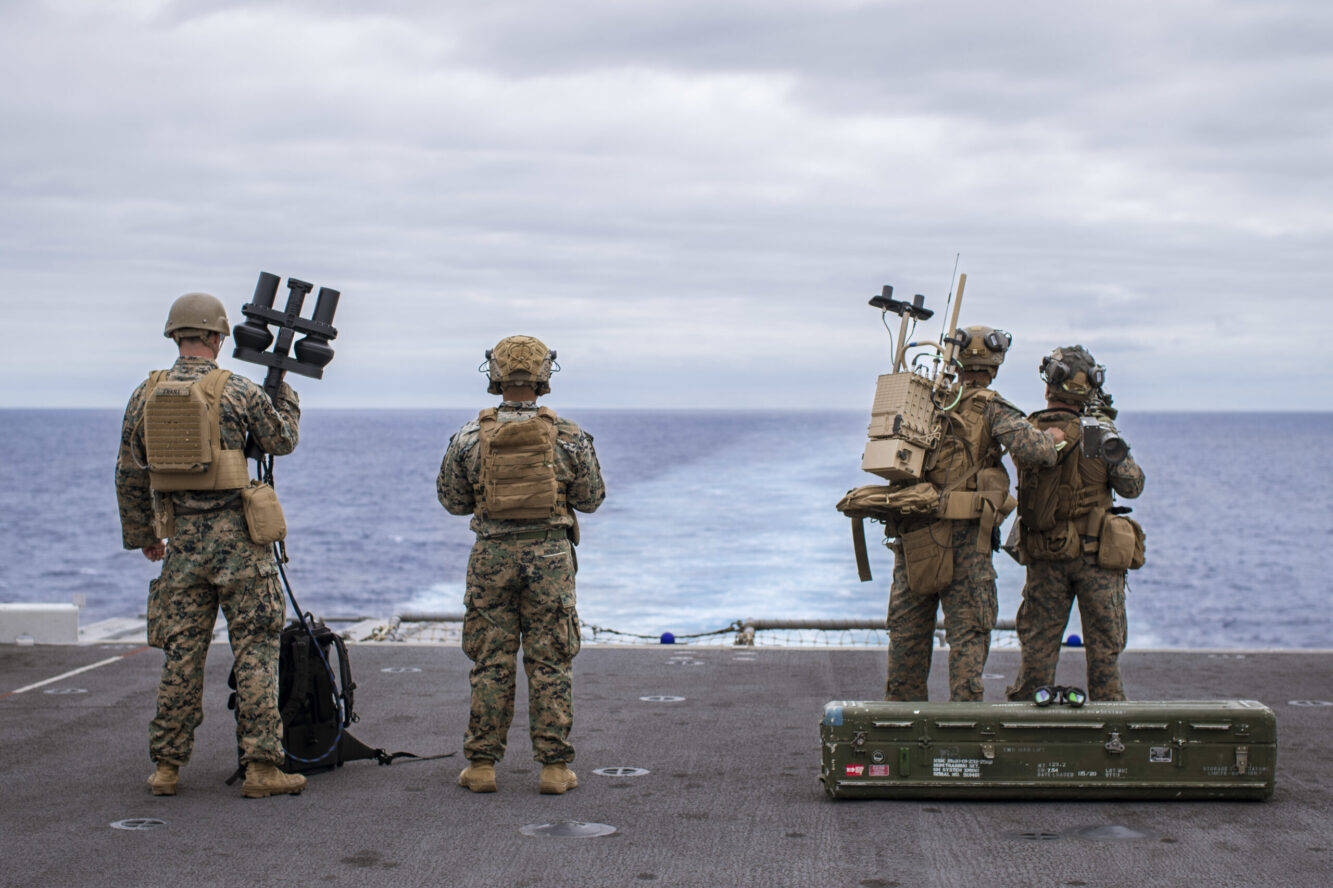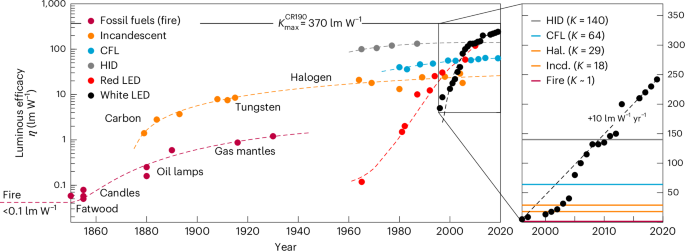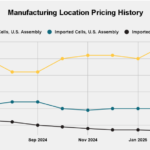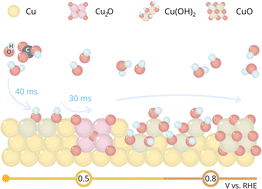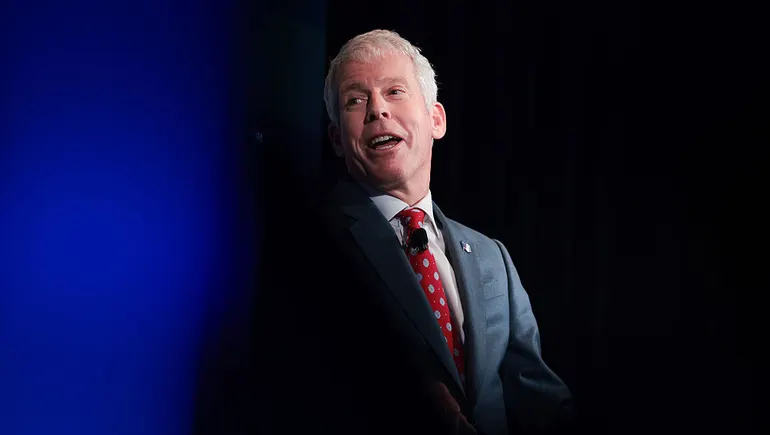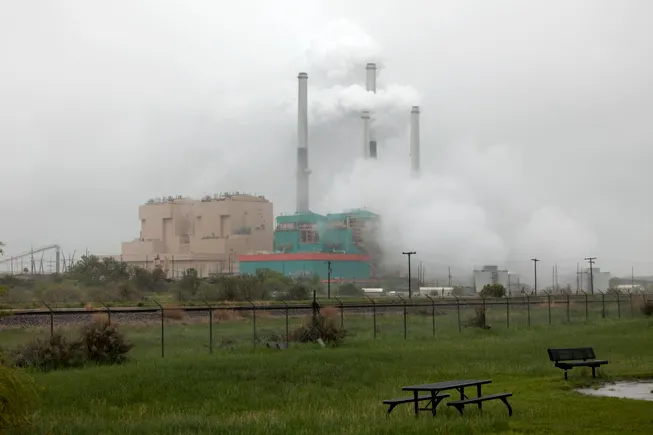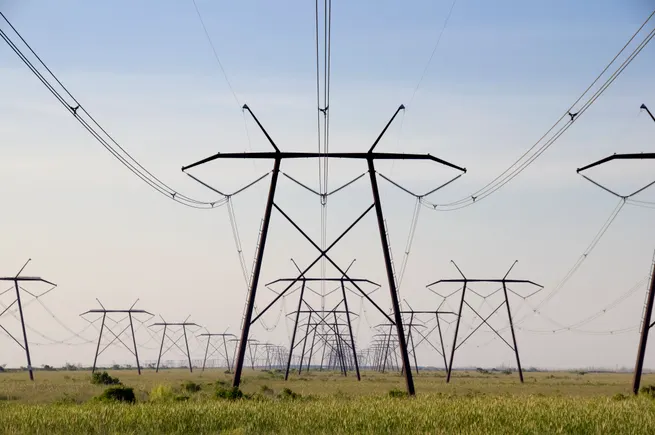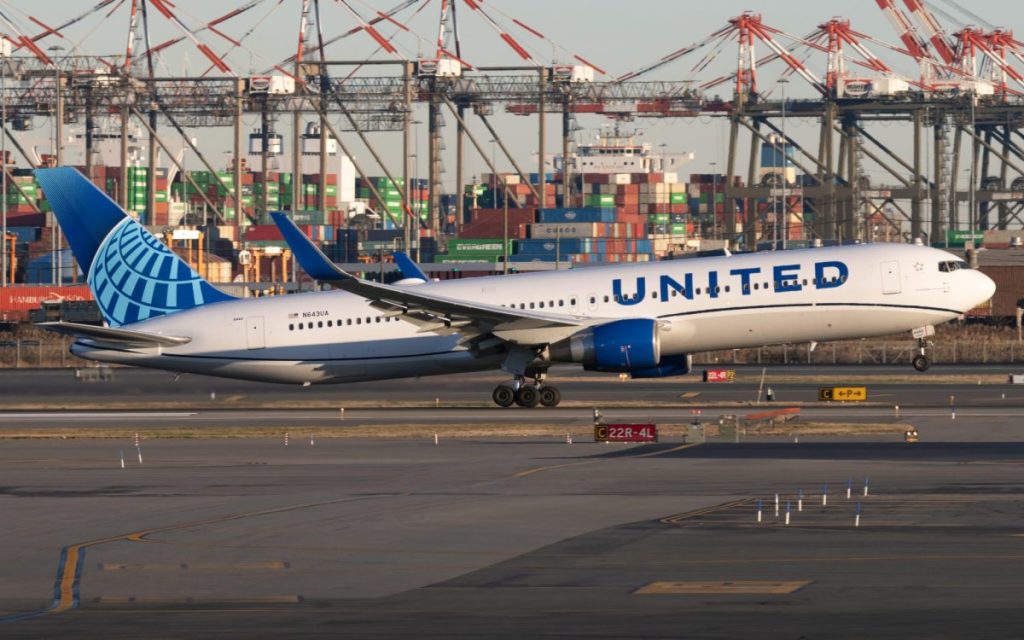How Custom Crush Facilities Open the Cellar Door Wider
Custom crush facilities, like Common Wealth Crush Co. in Virginia, give aspiring winemakers from all backgrounds a chance to get their wines in glasses. [...] Read More... The post How Custom Crush Facilities Open the Cellar Door Wider appeared first on Wine Enthusiast.
Launching a winery or wine brand in the United States is an uphill battle for any entrepreneur, from dealing with licensing and label approval to troubles with the supply chain. However, for people without wealth and industry connections, particularly those from underrepresented groups, the path to establishing a wine business can be all the more challenging.
For starters, producing wine is incredibly expensive. While there are many variables to consider, those looking to own their own wineries can spend upwards of $500,000 on production costs. Financial barriers coupled with limited access to land, vineyards, space and machinery can dictate a wine entrepreneur’s success, not to mention the industry-wide gatekeeping that keeps wine ownership predominately white and male.
However, one custom crush facility in Virginia is opening the cellar door wider, giving aspiring winemakers from all backgrounds a chance to get their wine in glasses around the country.

“You look around at the wine industry, and it’s not a very diverse crowd,” says Ben Jordan, winemaker and co-founder of Common Wealth Crush Co. (CWC), a custom crush facility that helps folks make the wines of their dreams. “We wanted to be a place where people felt free to express and do things differently. And then on top of that, just recognizing that for any industry or any effort to be more interesting and more creative and more developed, it has to be diverse as well.”
The Power of Custom Crushes
Custom crush wineries provide winemaking services to label owners who may need help with crushing, fermenting, aging and bottling of wine. Jordan, his brother Tim Jordan and winemaker Patt Eagan launched CWC in 2022 with the help of wine and hospitality maven Lee Campbell, who serves as a partner.
Operating primarily as a full-scale custom crush, CWC is helping give Virginia’s next generation of small producers the space, equipment and resources required to establish a wine business. They offer a range of services à la carte, from connecting wine owners with grape growers to providing tank fermentation and helping with bottling.

“[Clients are] welcome to do their own work, but we can operate as their cellar in the same way that a winemaker at a bigger winery would be more about the high-level strategy and technique and have people in the cellar fulfilling those duties,” says Ben Jordan. The Jordan brothers, who are first-generation grape growers with extensive experience in the Virginia wine industry (including with their family’s winery Midland), also produce CWC’s wine brand at the facility.
CWC isn’t alone in its effort to create more opportunities for wine startups and producers who would otherwise struggle to get a foot in the door. Custom crush facilities like AVP Wine Collective in Oregon prioritize a safe and supportive environment for underrepresented groups, offering shared resources and mentorship, while in California, Obsidian Wine Co.’s Rabbit Hole program sponsors promising entrepreneurs from diverse backgrounds and helps them launch their own labels.
Though not specifically a custom crush facility, Kerrville Hills Winery, just a few miles from Austin, is considered Texas’ first wine incubator, offering new and emerging winemakers a communal winemaking space to focus on low-intervention projects, as well as mentorship and support for new wineries and labels.
By providing access to equipment, expertise and a collaborative community, custom crush facilities across the country are proving to be instrumental in fostering a more vibrant and representative U.S. wine landscape.
Fostering Inclusivity From Vineyard to Bottle
At its core, CWC is like a creative think tank: Winemakers are free to experiment, collaborate and reimagine not just what a wine can be, but who gets to make it. The incubator program “is dedicated to folks that are otherwise marginalized,” says Tim Jordan. “Inclusivity is happening, and it continues to grow, but we’re just lowering that barrier to entry.”
The program goes beyond winemaking support and mentorship. So far, the incubator has helped build two wine brands from the ground up, assisting recipients with everything from navigating regulatory red tape to sourcing fruit to marketing the final product.

“You have people there to bounce ideas off of and to lend you their experiences. So they’re really setting you up for success,” says Jahdé Marley, a distributor for Zev Rovine who produces “Love Echo” wines through CWC’s incubator program. Zev Rovine also distributes a number of wines made through the facility, including CWC wines and Ben Jordan’s Lightwell Survey.
“They can help with branding advice and clearing necessary legal steps in order to get things off the ground,” says Marley. “There’s a whole world of business behind anything that has to do with wine and alcohol, and they can help with all of it, whereas other custom crush facilities, most of them are there to execute and put wine in a bottle. They’re not really dependent on your success.”
One of the biggest draws to CWC’s incubator program is that it covers the cost of grapes and uses the facility for recipients’ first year. After new wine owners start making sales, they are charged little by little over a few years, giving them a chance to build up some profit. This is extremely helpful for new entrants in the wine industry who are often self-funded. According to the U.S. Bureau of Labor Statistics, while 80% of new businesses survive the first year, only 50% of them typically make it to year five.
“It’s an amazing opportunity because we were able to take the sales of our [first vintage] and use that money to keep the momentum on track for future vintages,” says Lance Lemon, who owns the wine label Parallax Project alongside Virginia wine ambassador Reggie Leonard.

Parallax Project’s first vintage released in 2024 with 55 cases. This year, Lemon says they’ve doubled production. Currently, the wines are sold exclusively DTC, but Lemon and Leonard plan to allocate some of them to their upcoming vintage. Meanwhile, Marley’s Love Echo is already distributed in some retail markets in the Northeast.
“It’s all about the collaboration,” says Lemon. “It’s all about us really being able to step into this field that we know is underrepresented for people of color and people of diverse backgrounds, and it’s an important program because it shows not only that we can do it, but it gives people the resources to make it happen.”
Wine Beyond Grapes
With some of the financial stress alleviated, budding winemakers in CWC’s incubator can direct their energy towards crafting a wine unlike any other on the market. Parallax Project produces a red wine blended with various Vitis vinifera and hybrid grapes, including Vidal Blanc, Chardonel, Tannat, Petit Manseng and a small amount of Albariño and Traminette. Marley, who founded the Anything But Vinifera movement, experiments not only with hybrid grapes, but also with co-ferments composed of grapes and various other fruits.
While Love Echo’s sparkling red is made with Concord and Niagara grapes, the sparkling white wine is a blend of Cayuga, Vidal Blanc and Petit Manseng infused with wild-foraged pawpaw fruit.

“Winemaking is not just grapes—it’s beyond grapes,” says Tim Jordan. “We’re very open and keen to allow various fruits in through our doors. Basically, anything that’s able to create a fermentation is something that we’d love to see produced at Common Wealth.”
CWC is located in Waynesboro, just a 30-minute drive from Charlottesville—a town that has a history of racial injustice. But for the greater Virginia wine industry, which is still evolving and growing, this level of intentional collaboration across backgrounds is helping push the region forward.
“You’ve got to keep your mind open to trying new things and pushing new techniques,” says Ben Jordan. “I think we’re engaged in that and making it OK for different people to have different ideas about the way to do things.”
More Wine Industry Coverage
- Despite crumbling DEI initiatives, these wine pros aren’t backing down.
- Tariffs dominated the conversation at Vinitaly 2025. Read our full recap.
- Here’s how millennials are reinventing wine collection.
- ICYMI: Silicon Valley Bank’s 2025 report offered warnings and hope for the wine industry. Read the biggest takeaways.

From the Shop
Find Your Wine a Home
Our selection of white wine glasses is the best way to enjoy the wine’s subtle aromas and bright flavors.
The post How Custom Crush Facilities Open the Cellar Door Wider appeared first on Wine Enthusiast.



















